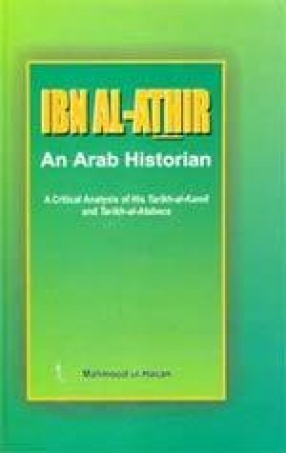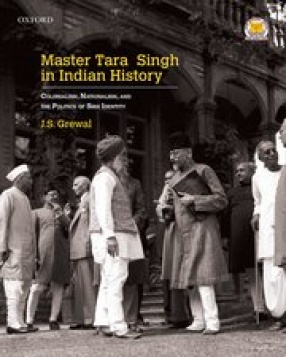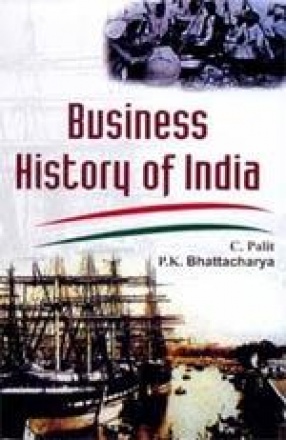IBN Al-Athir: An Arab Historian
In stock
The historian IBN al-Athir lived during the last quarter of the twelfth and the first half of thirteenth century – a turbulent period of Asia. He was born in an educated and highly influential family of an administrator, Athir al-Din. We know three sons from this house who played a lasting role in the field of diplomacy, literature and historiography. The historian, receiving elementary education first at home and later in the neighbouring schools turned a wondering scholar of the then known disciplines at various centers of learning in Mosul, Baghdad, Damscus, Allepo and Basra. When he became mature enough, he traveled throughout Middle East and visited all the prominent individuals who were busy with educational works at different places. Thus, his thirst for acquiring knowledge was so strong that could not be quenched even to the last days of his life. For a considerable period of his life he spent in the great, small, personal, state, imperial and big old libraries of Middle East, perhaps unparalleled phenomenon at that time. He became so much familiar figure that nothing was inaccessible. It is this great and free approach which was enjoyed by him, enabled the historian to collect reliable and huge material for his great project. Ibn al-Athir’s extensive tour also covered the ancient monuments, ruination of historic sites, graveyards, battlefield, dilipitated palaces and stately buildings which consequently enriched his mental capacity, applying objective views and sound judgement. These qualities placed him ahead of his period. Being away from the din of daily life, he sets out on the journey of writing the books, perhaps after forties. His gigantic work Tarikh al-Kamil is perhaps the product of sober days of his last ten years. His other works; The History of Atabuk Dynasty, A Biographical Dictionary of Muhammad’s Companions, 5 Vols., An Incomplete History of Mosul are the lasting contribution to the Arab treasure of knowledge.





There are no reviews yet.